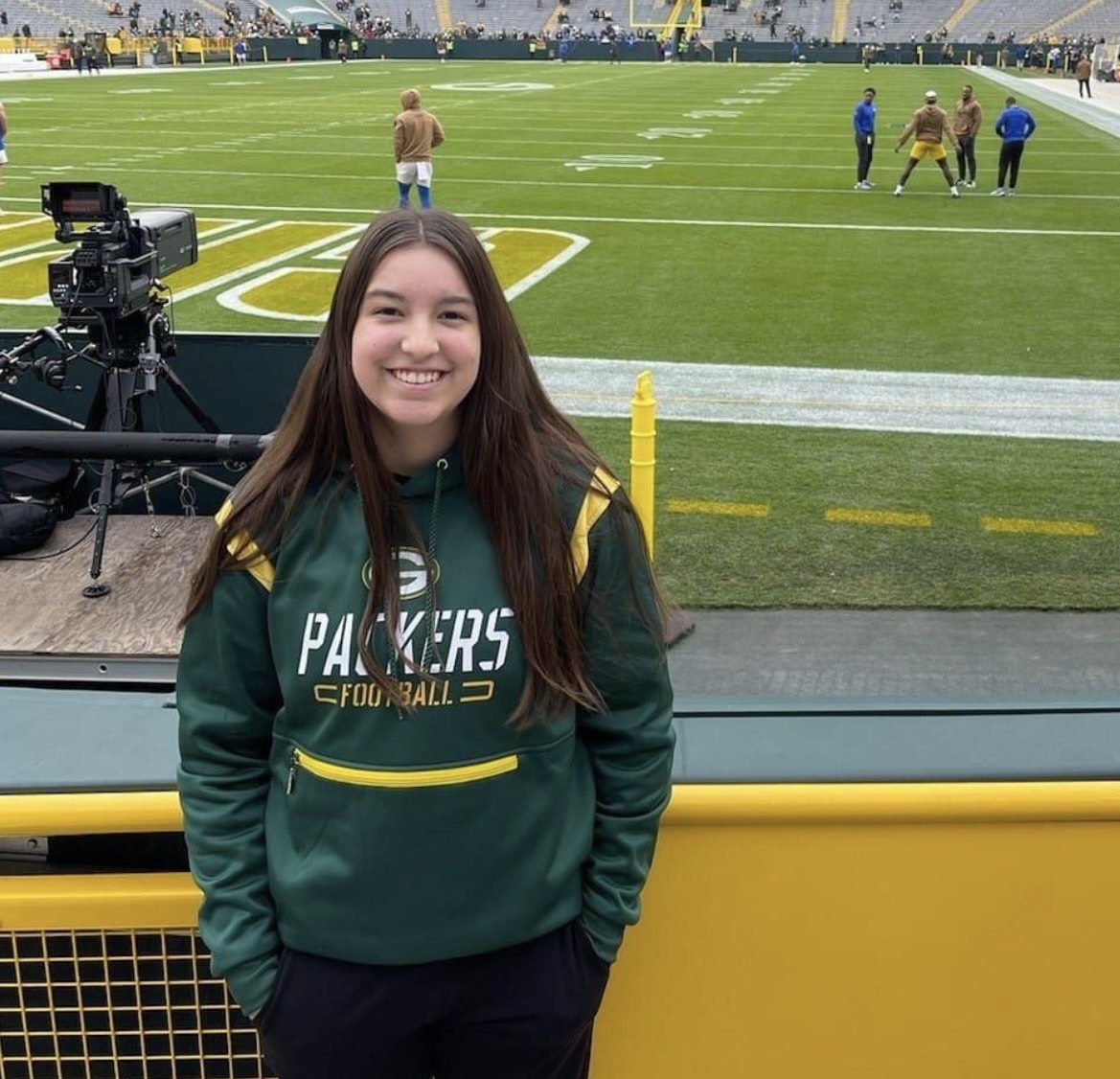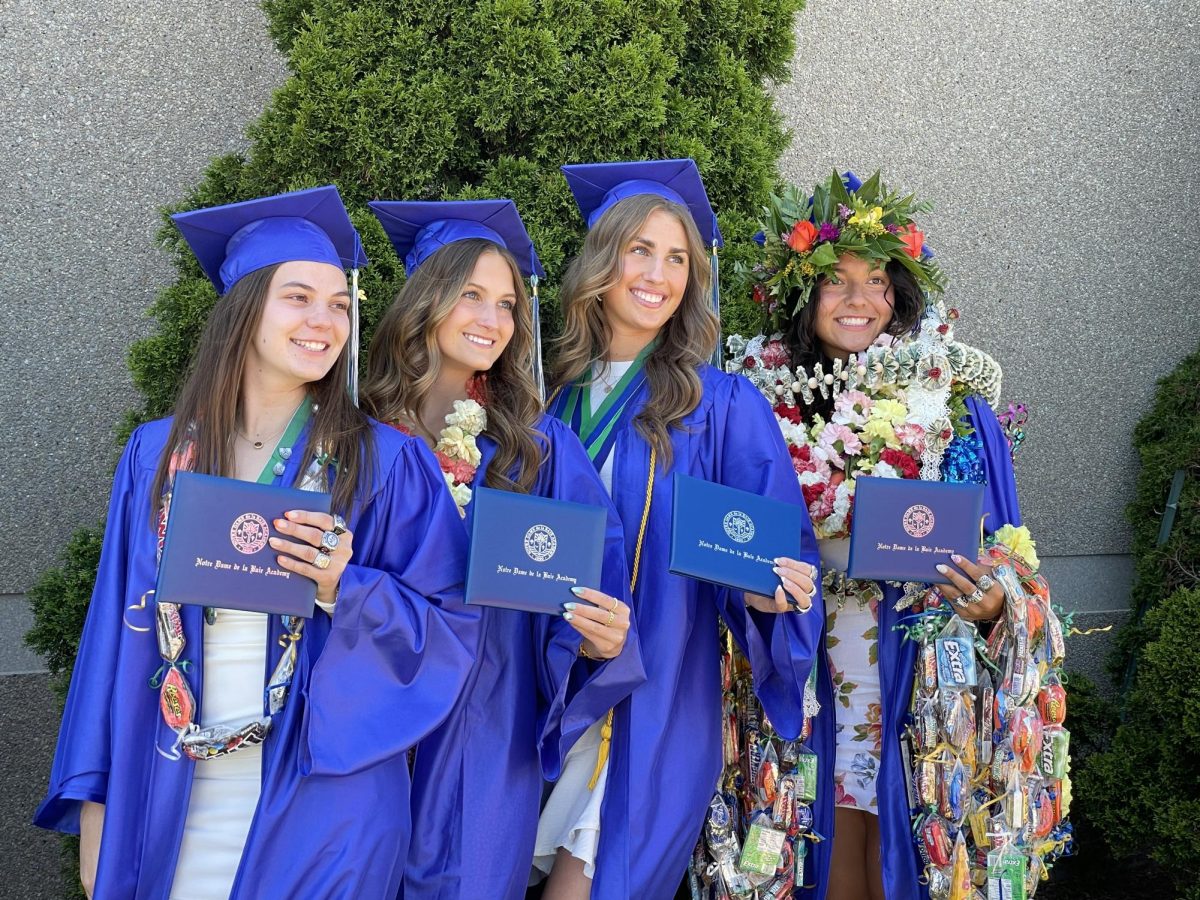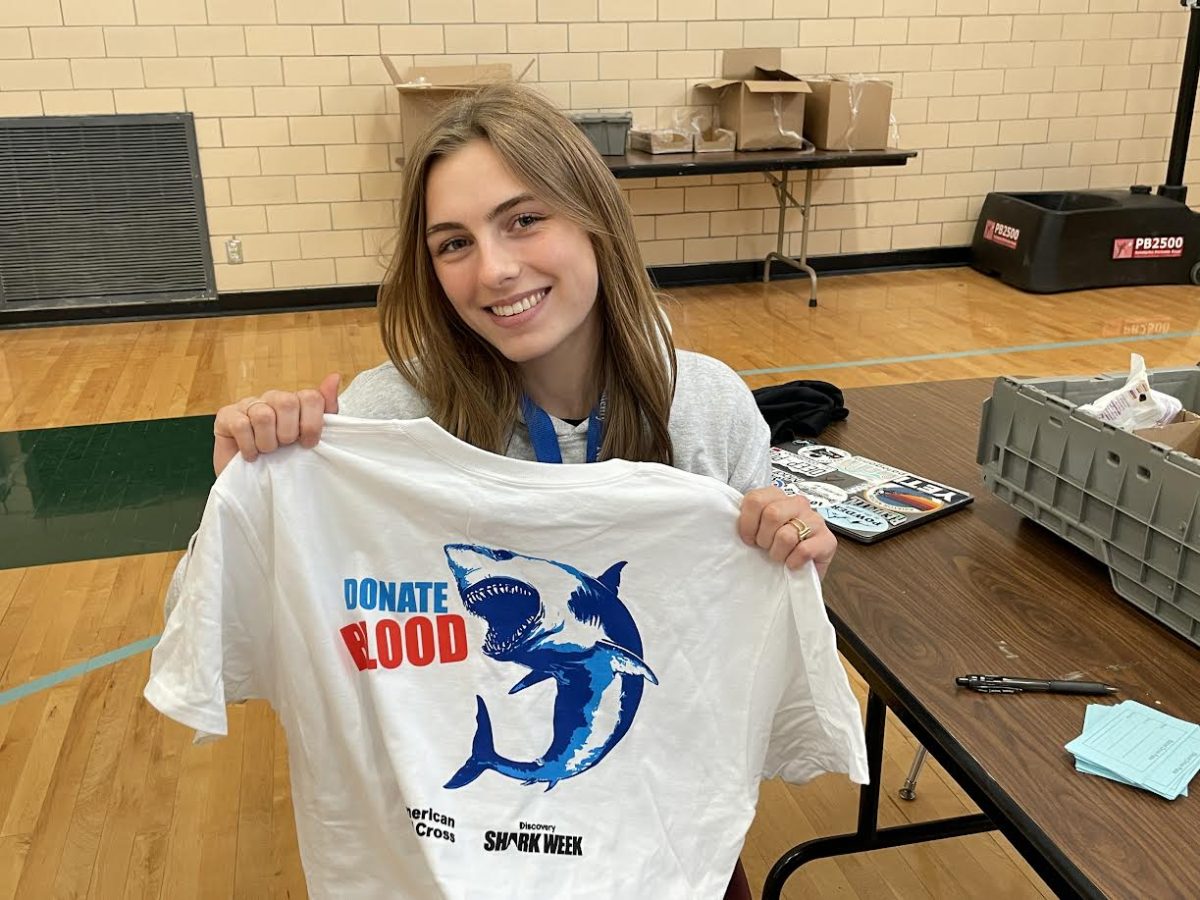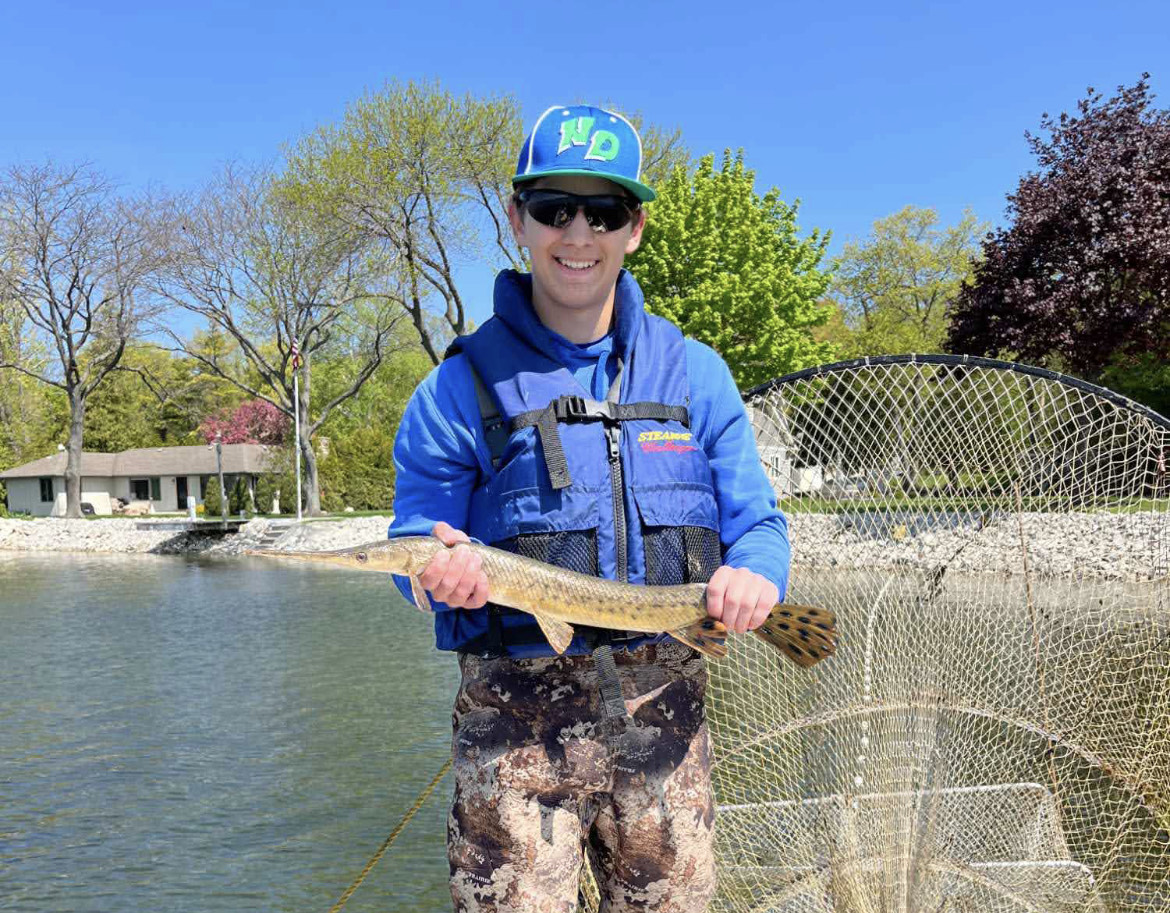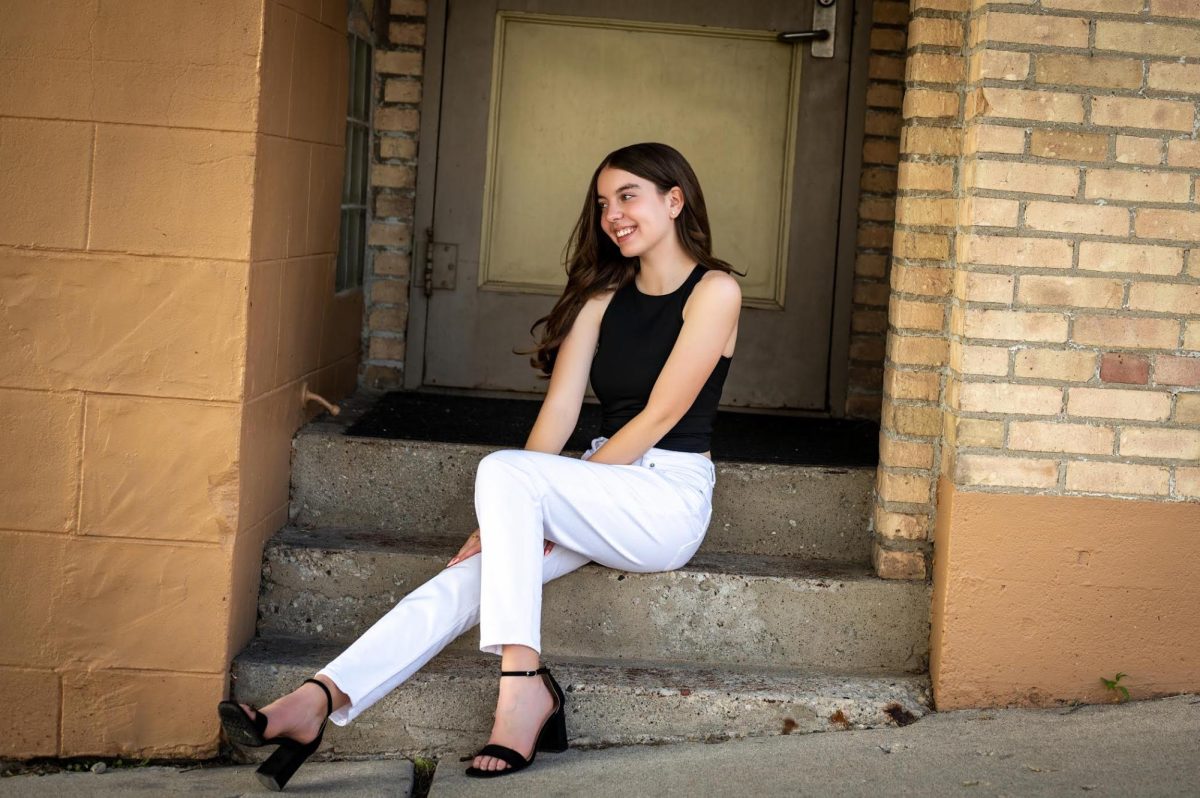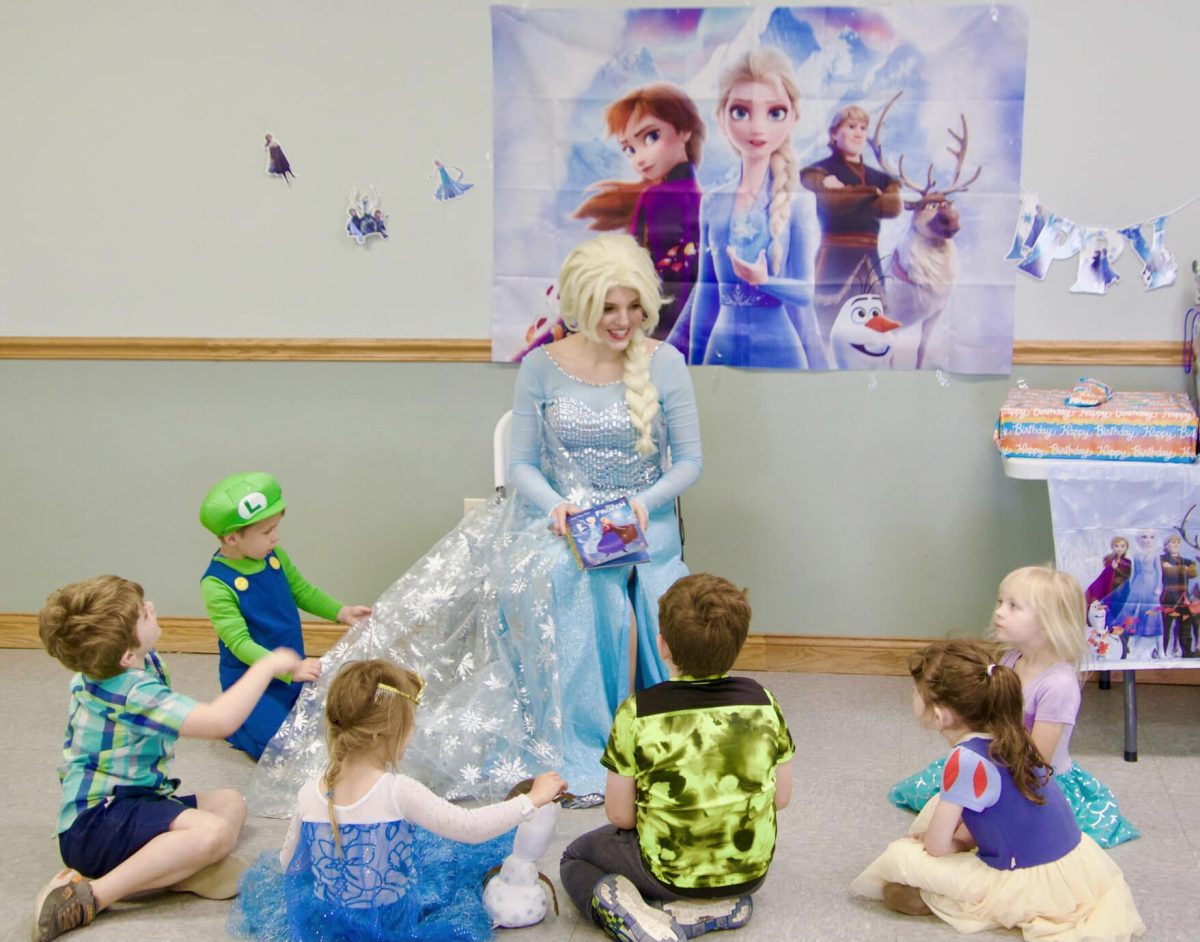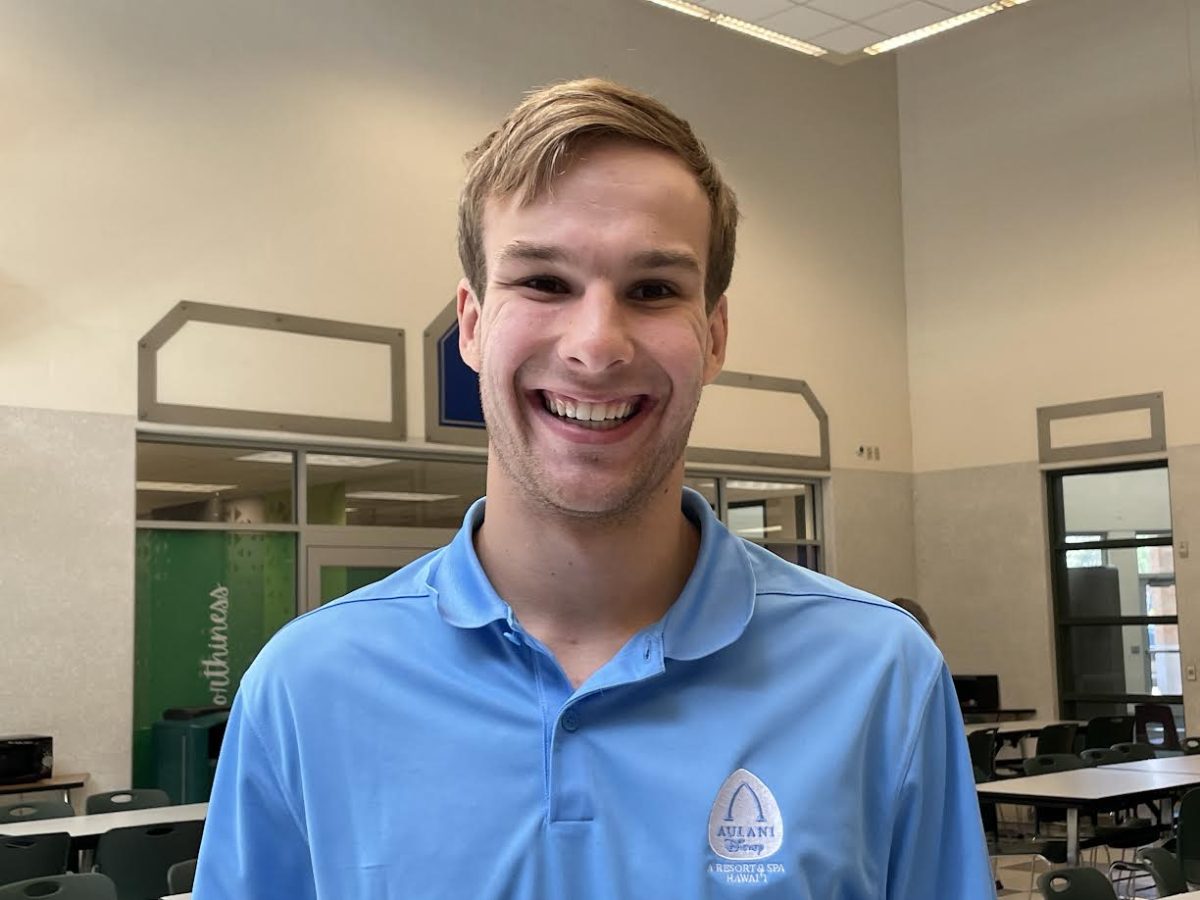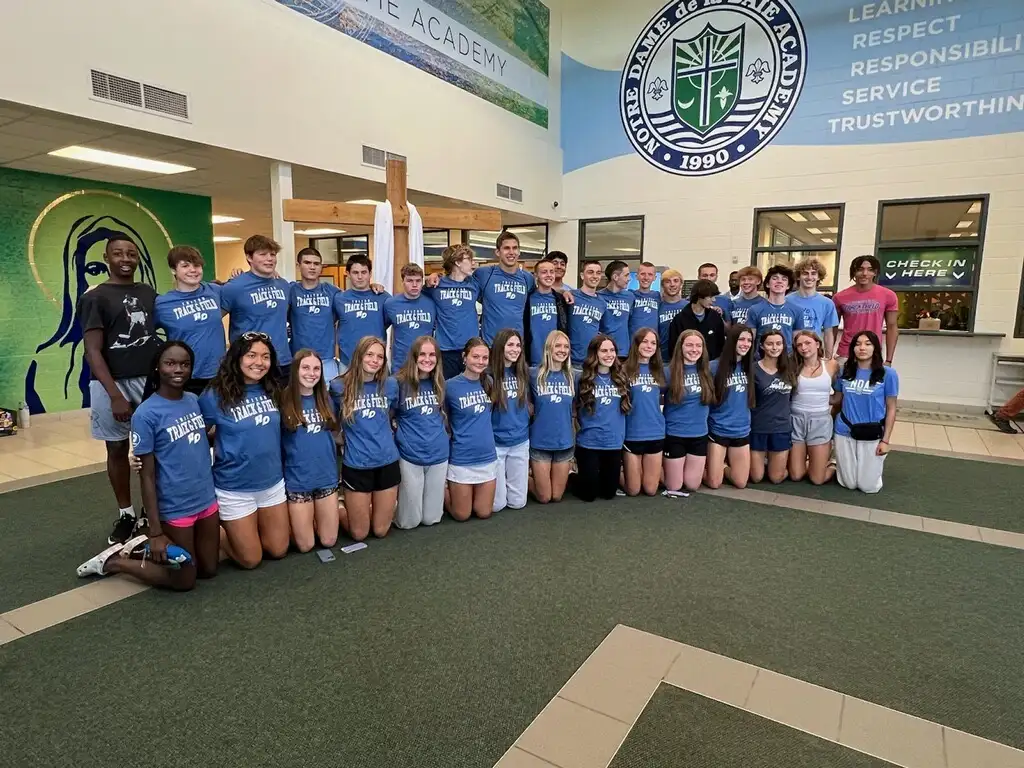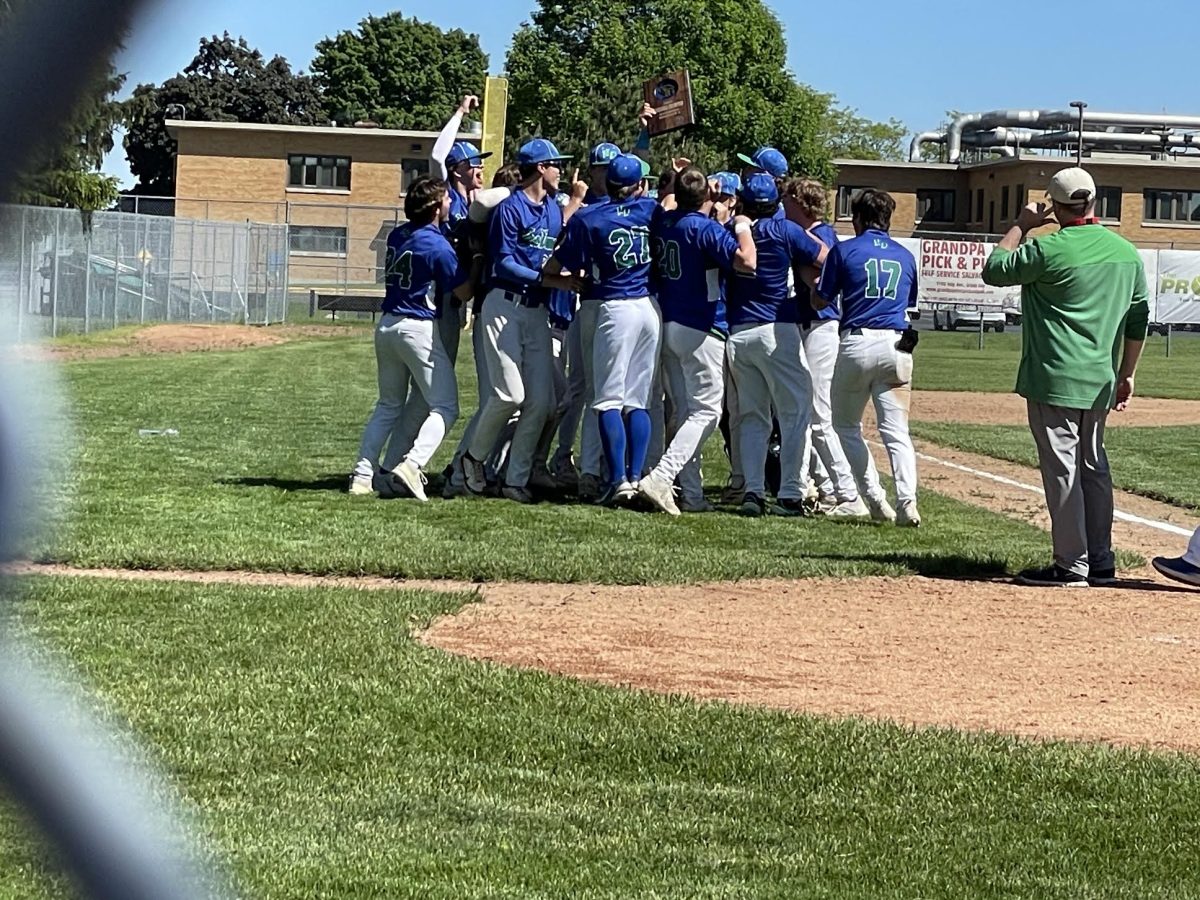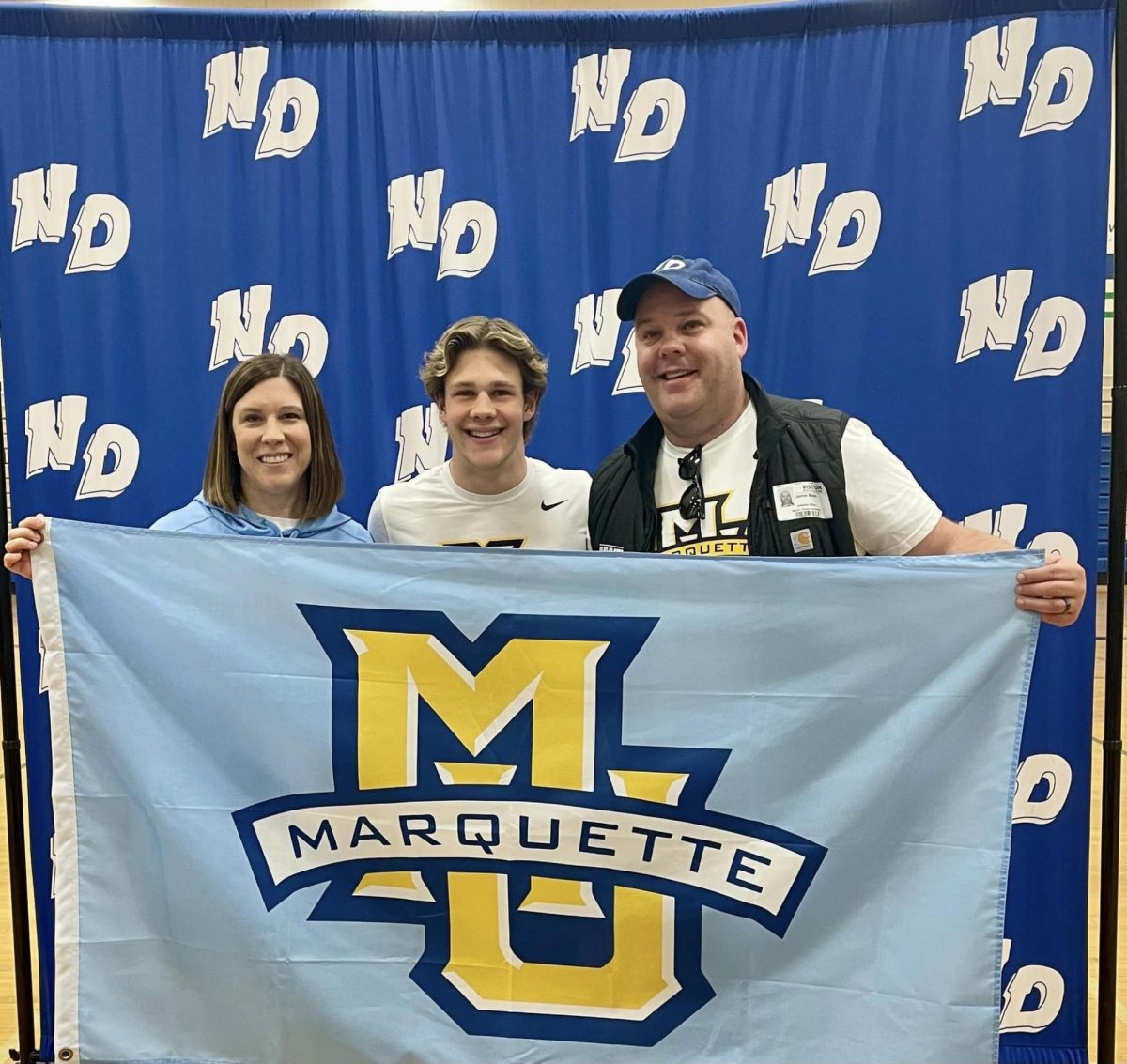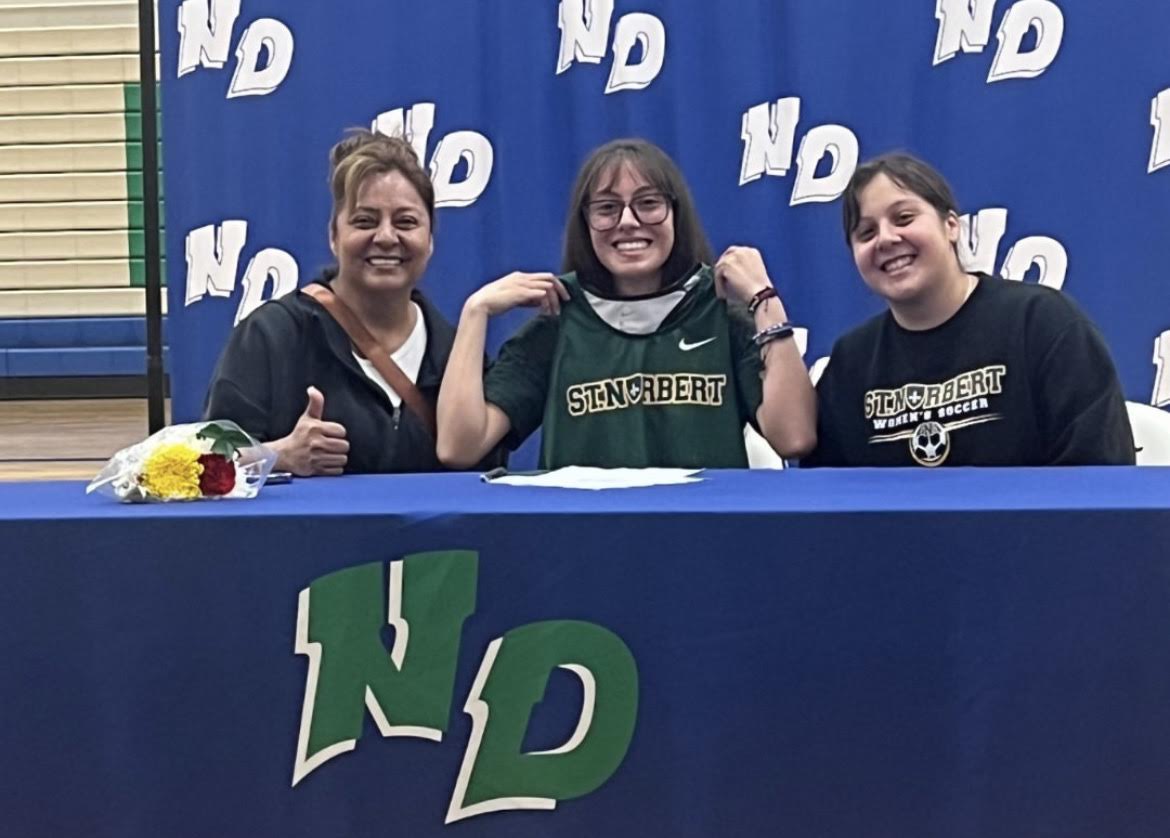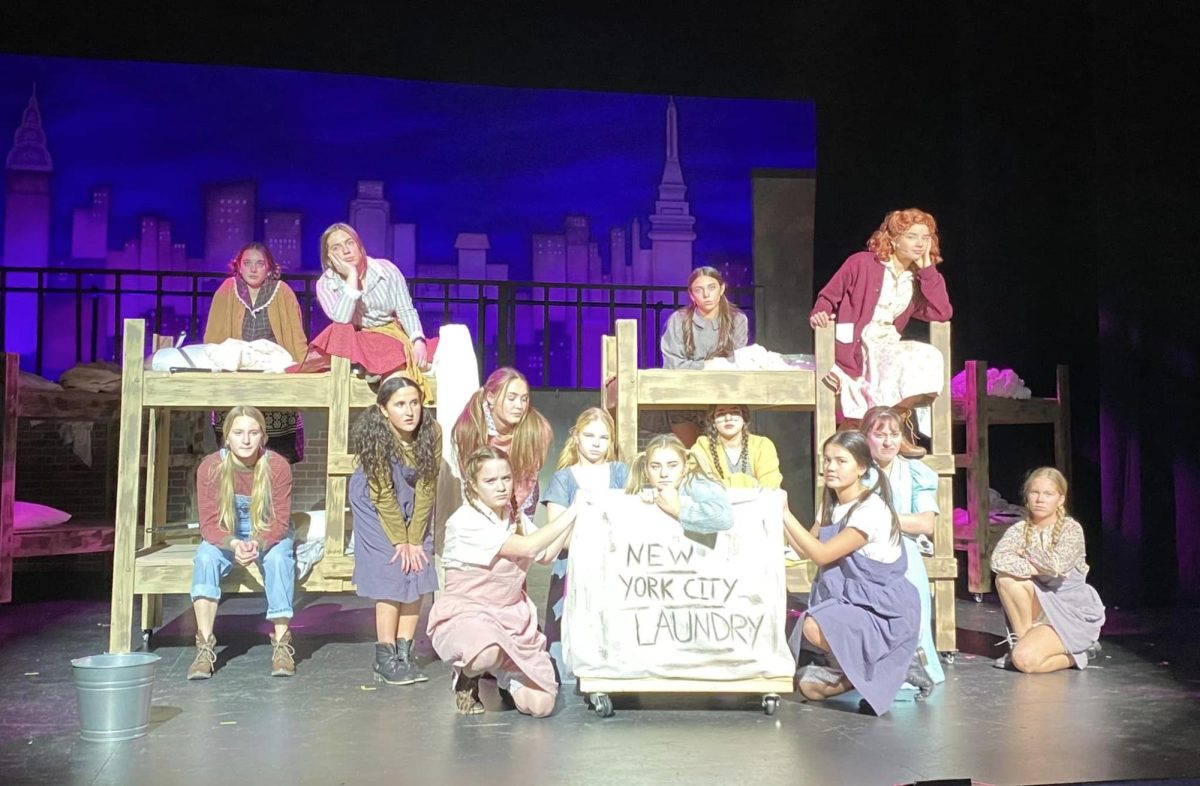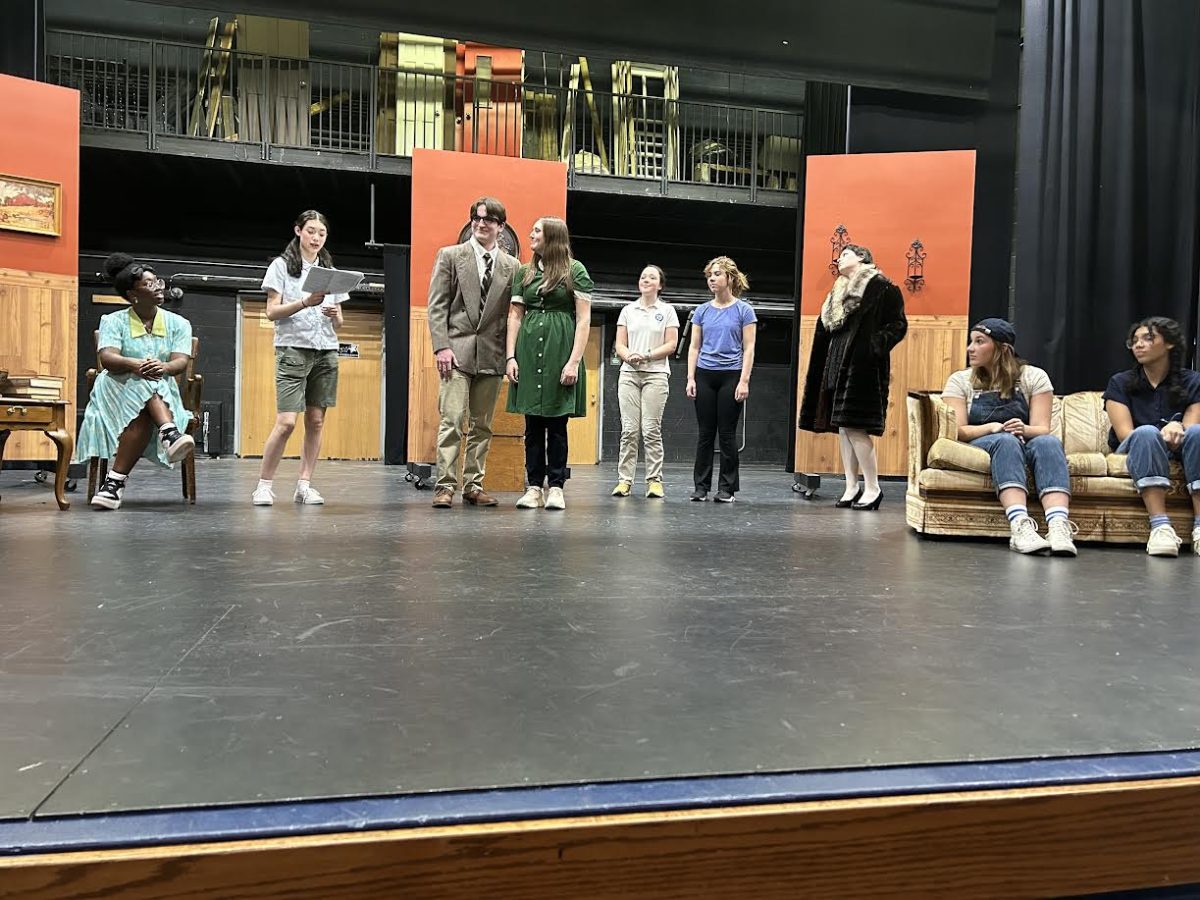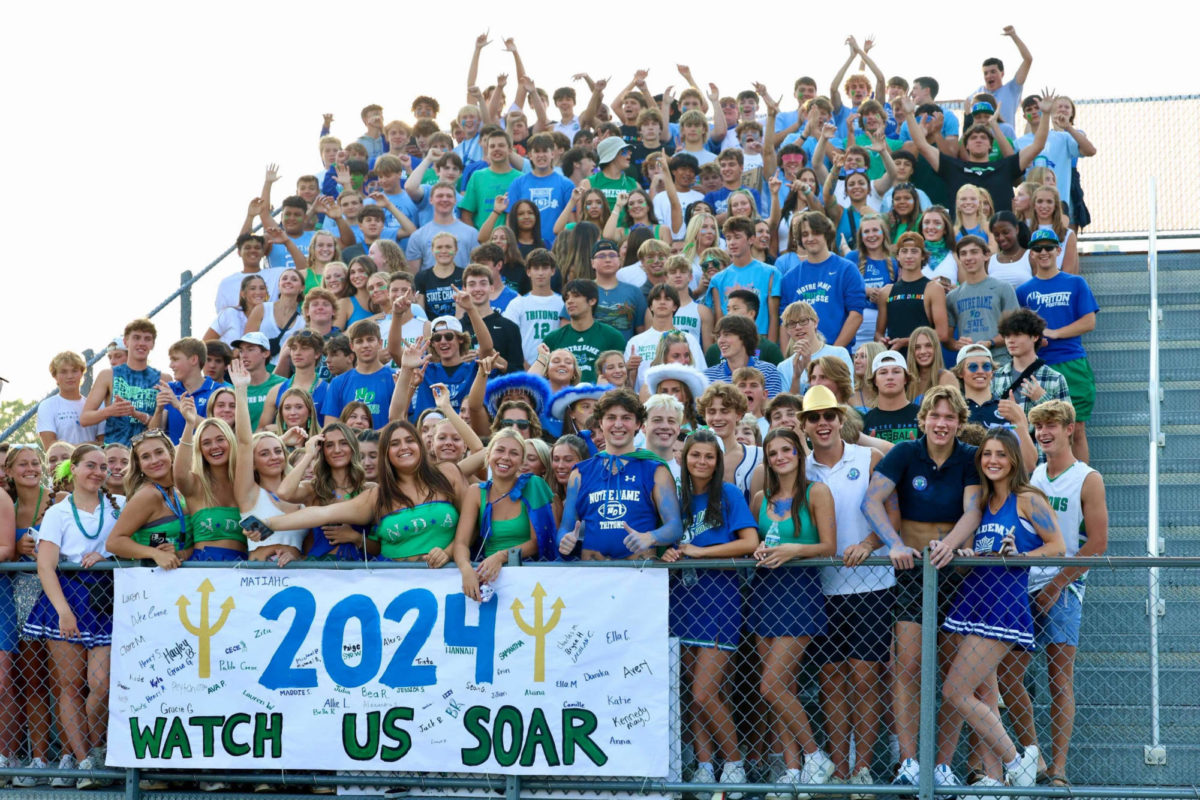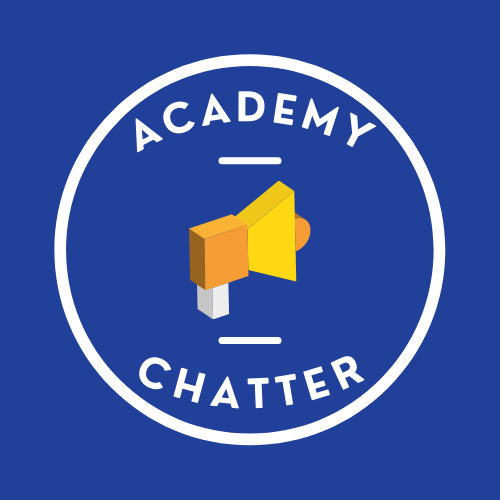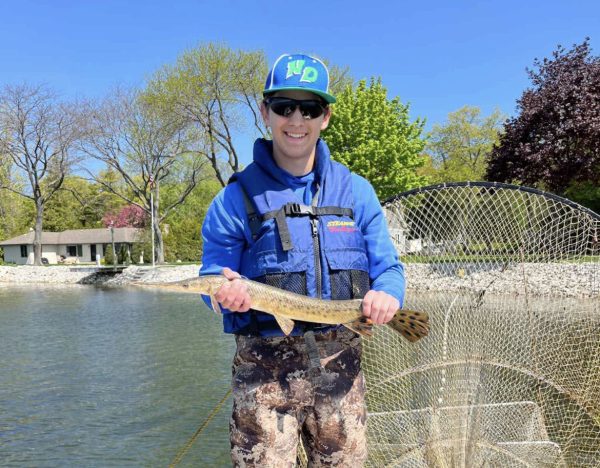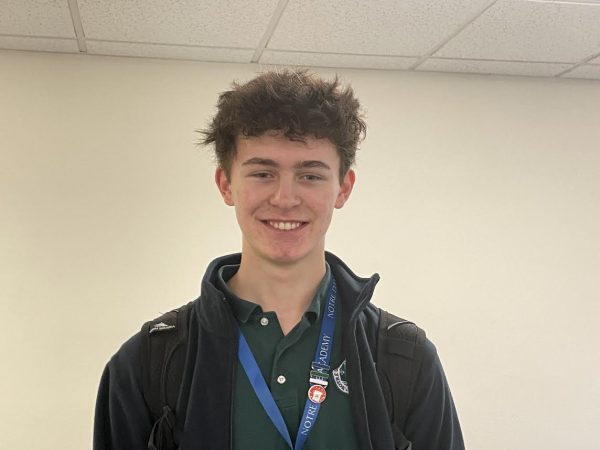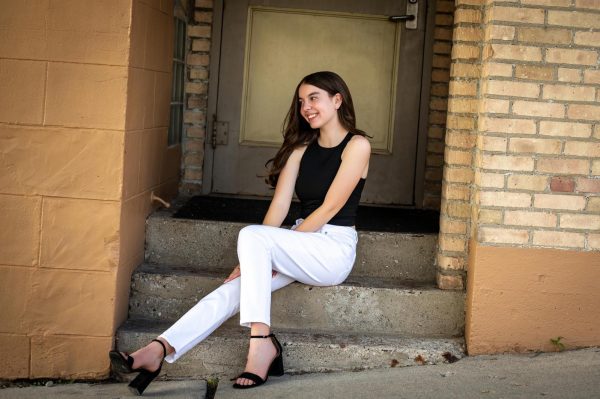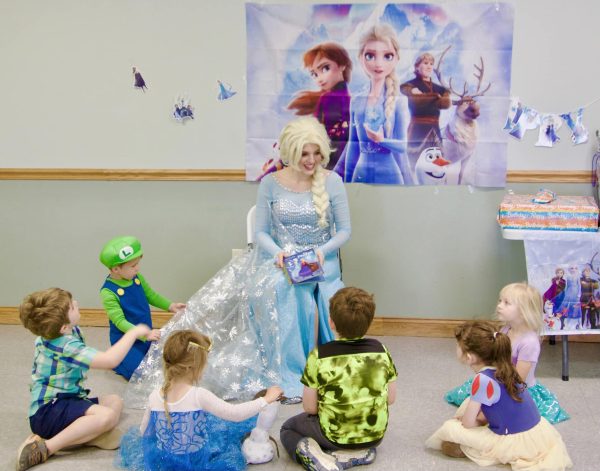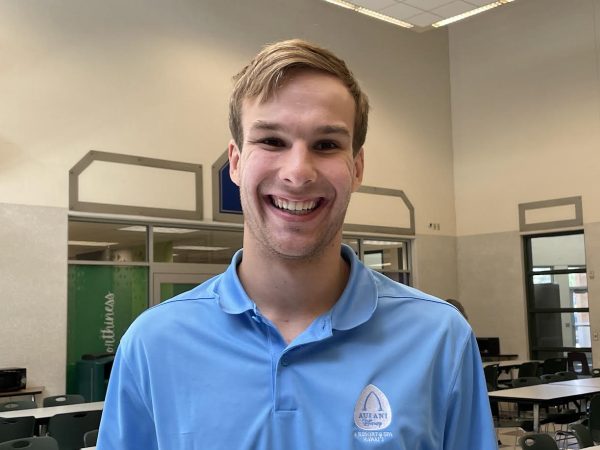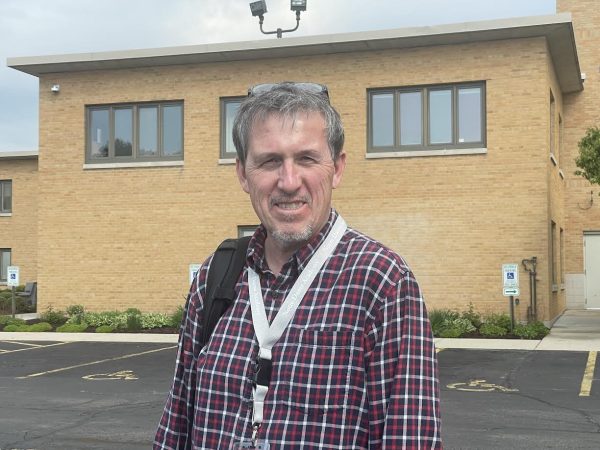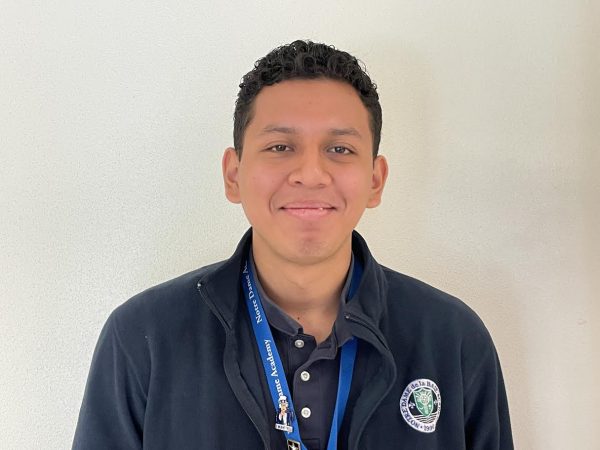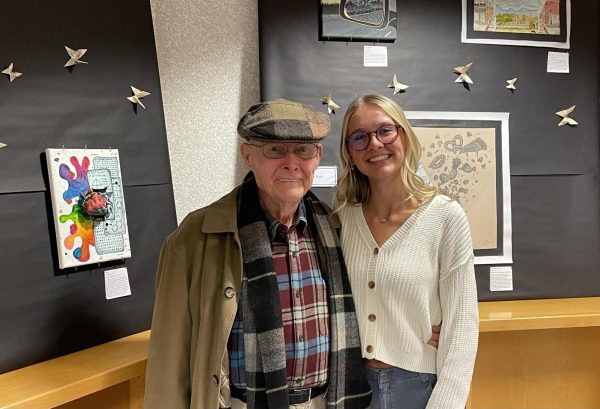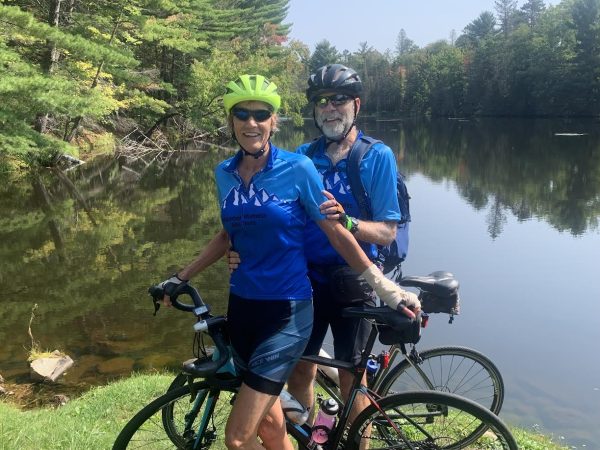Brada Family Blends Biological, Adoptive Siblings
Bradas Adopt Boy, Girl From Ethiopia
Many students at Notre Dame are adopted or have families that have adopted children. Senior Lexie Brada’s family consists of both biological and adoptive siblings.
Brada has two biological siblings–a brother, Sam, an NDA sophomore, and a sister Lily, a middle schooler at Resurrection Catholic School in Allouez. In addition, her family also adopted two children from Ethiopia, fourth grader Adam, and later, a girl, fifth grade Lucy.
Adoption gives opportunities for families to have children whether they are able to or not and also give a child a benefit of living with a family. In Ethiopia, many children are given up and sent to orphanages because the family can no longer support them, Brada said.
“If you can [adopt], do it. So many people will look at us and say ‘Oh, I’ve always wanted to adopt,’ But for various reasons, never will,” Brada said.
“I admit, it’s scary. Really scary. All it takes is just one big step and you’ve changed a child’s life,” said Brada in regards to adoption.
Brada’s mother always wanted more children. After having their children, her father and her mother agreed that if her mother still wanted more children at the age 40, they would think about adoption.
“We were steered toward Ethiopia because of the love the children were given, and their ability to connect emotionally with their new families,” Brada said.
“We picked a boy because my brother Sam felt out-numbered. When my mom saw all the girls in Ethiopia, she convinced my dad for one more. She picked a girl, and finally got her glittery, pink girly-girl.”
They took a trip to Africa to pick up Adam when Brada was in 8th grade. The Brada family was told he was around four or five years old; there was uncertainty of his age because they go by a different calendar in Ethiopia.
Adam’s birth mother died of malaria and in their culture, it is common for the males to remarry quickly, so that is what happened. Adam is the youngest of the first wife’s children, so when there wasn’t enough food for his family, he was the obvious one to have to leave first.
“He has always been gifted with sports and art, and is very independent. He likes to be the best, so he learned English quickly to be as good as and even surpass his classmates. He has adapted to his life here, but keeps a very thick line between his parents here and his father still in Ethiopia,” said Brada.
Lucy, who was adopted second, was thought to be younger than Adam. Her age according to her mother was about four years old, but when the Bradas arrived back home the doctors revealed she was actually a year above Adam or about eight at the time.
Lucy’s father had also died of malaria, and once again she was given up due to the family’s lack of food. Because Lucy’s mother did not have the support of a male, finding a way to support her family just became too difficult.
“I feel I’ve become more aware of racism. I’ve had a lot to think about; my siblings were taught to never be ashamed of their skin,” said Brada. “I also know the merging of their culture into our own lives is something not a lot of people get to experience.”
Brada said, “My mother says that she does not regret taking them from the orphanage, but feels bad for taking them from Africa. She wants them to remember their roots, and is planning sometime next year taking them back, to make sure they never forget.”
Even though the poverty of one country tore a family apart, another family gained blessings.
“I want to adopt one day, too. If you have the means, then make a difference. Because who knows; maybe the kid you just adopted will be the next NFL all-star or world famous ballerina,” Brada said.


